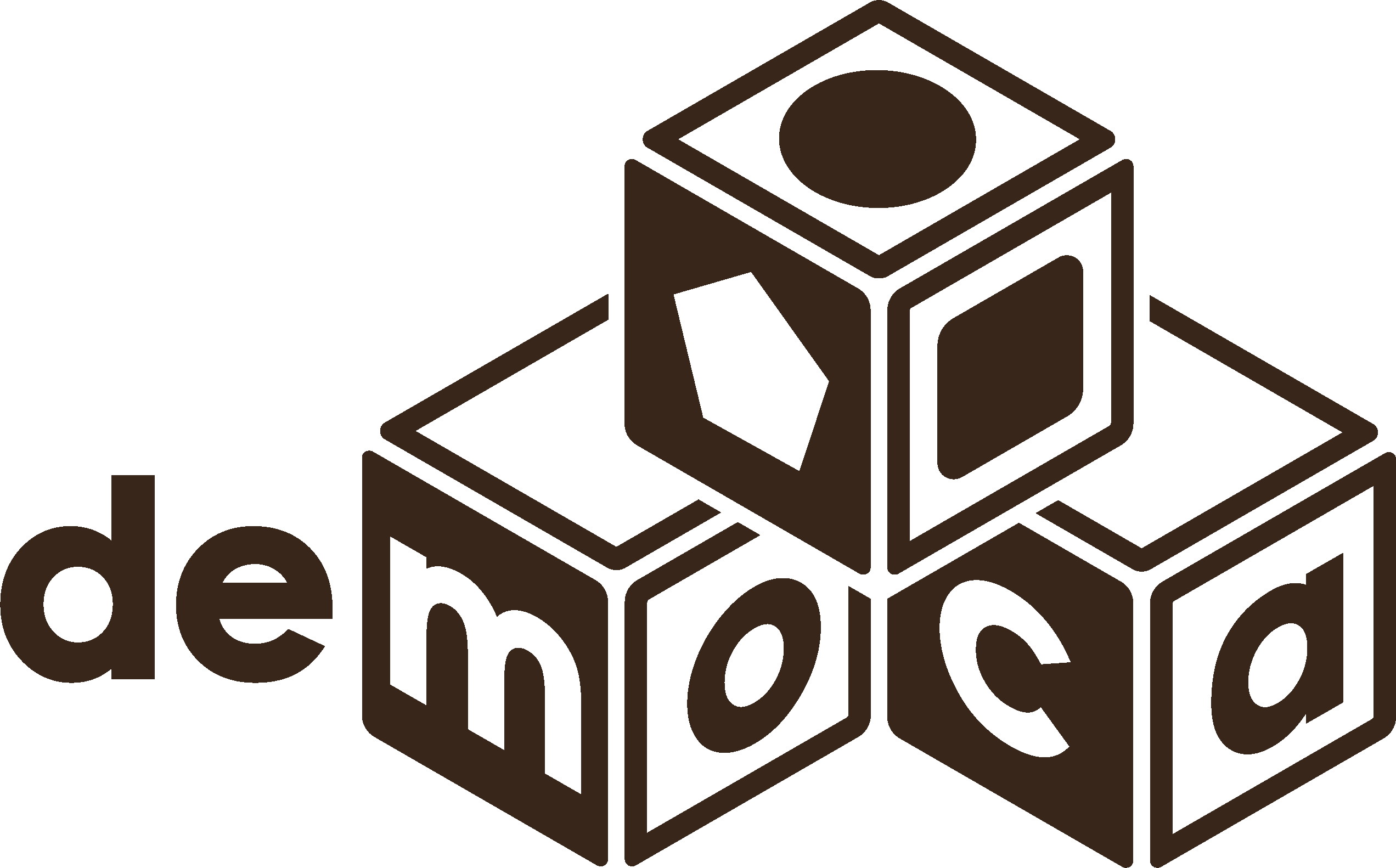
Preparing for the Future: Key Education Trends Shaping Early Childhood Learning in 2023
May 18 , 2023
As we step into 2023, the field of early childhood education continues to evolve rapidly, focusing on preparing young learners for the challenges and opportunities of the future. Educators, policymakers, and parents alike are keen to stay updated on the latest trends that are shaping early childhood learning. In this article, we will explore the key education trends expected to drive early childhood education in 2023 and how they are instrumental in preparing children for a successful future.
If you are an educator, parent, or caregiver, it's good to keep up with the latest trends in education to offer the best opportunities for your little ones.
1. Emphasis on STEAM Education:
Science, Technology, Engineering, Arts, and Mathematics (STEAM) education has gained significant prominence in recent years, and this trend is set to continue in 2023. Early childhood educators recognize the importance of introducing STEAM concepts early on, as it cultivates critical thinking, problem-solving, and creativity skills. Integrating STEAM activities into the curriculum sparks curiosity and encourages hands-on exploration, laying a solid foundation for future learning.
2. Personalized Learning Experiences:
Recognizing that every child is unique, personalized learning experiences are gaining traction in early childhood education. Technology plays a crucial role in this trend, with adaptive learning platforms and educational apps offering tailored content based on a child's individual needs and abilities. By customizing learning experiences, educators can better support each child's strengths, interests, and areas for growth, fostering a love for learning and maximizing their potential.
3. Social-Emotional Development:
In 2023, there is a growing recognition of the importance of social-emotional development in early childhood education. Educators prioritize teaching emotional intelligence, empathy, and self-regulation skills. Building strong social and emotional foundations helps children develop resilience, positive relationships, and practical communication skills. Schools are incorporating strategies such as mindfulness exercises, cooperative play, and conflict resolution techniques to nurture young learners' social and emotional well-being.
4. Blended Learning Environments:
Blended learning, combining traditional classroom instruction and online resources, has become a significant trend in early childhood education. With technological advancements, educators are leveraging online platforms and digital tools to enhance learning experiences. Blended learning offers flexibility, individualization, and interactive resources that cater to diverse learning styles. It also encourages collaboration and independent exploration, equipping children with essential digital literacy skills for the future.
Conclusion:
In 2023, early childhood education is undergoing a transformation to equip young learners with the necessary skills and competencies for the future. The key trends outlined above - emphasis on STEAM education, personalized learning experiences, social-emotional development, and blended learning environments - are paving the way for innovative and impactful early childhood education. By staying informed and embracing these trends, educators, parents, and policymakers can work together to create a solid foundation for the success and well-being of our children in an ever-evolving world.
